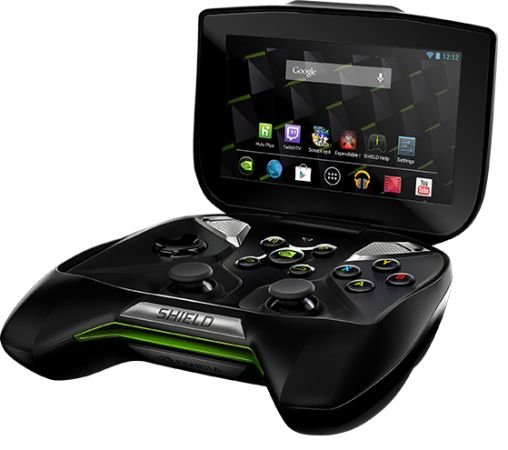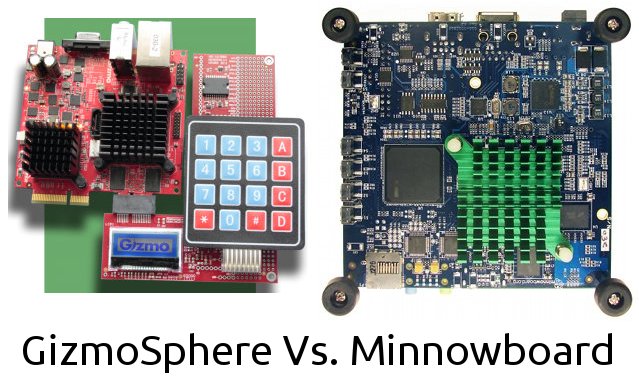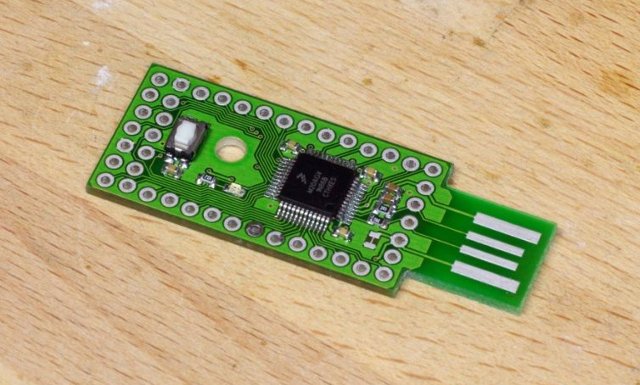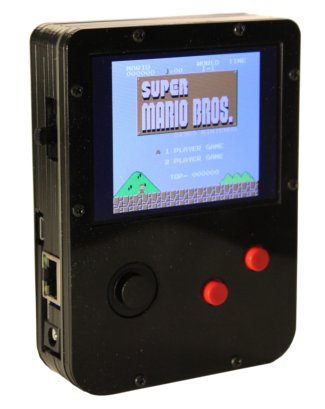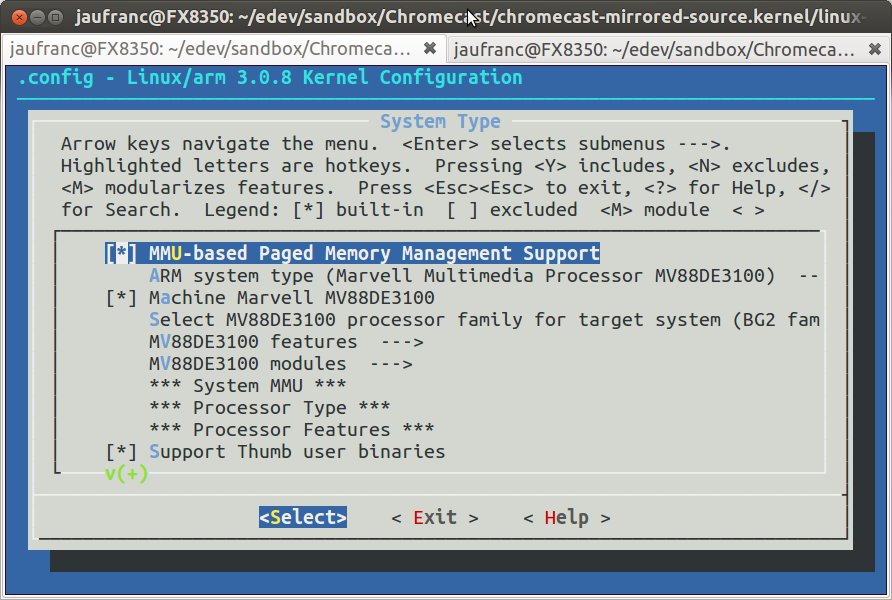This morning I’ve read bad news for the open source community. Jean-Baptiste Quéru, leader of the Android Open Source Project (AOSP) has decided to quit the project because AOSP cannot run on the latest Nexus 7 as Qualcomm (lawyers) impeded the project, and Google is unable to released factory images or necessary binary drivers for the GPU. But there’s also good news, as Nvidia has just released source code and binaries to allow developers to fully build an Android image for its SHIELD gaming console. If you want to build an image for the latest image available, following the steps below. Get the code
|
1 2 3 4 |
mkdir ~/shield-open-source cd ~/shield-open-source repo init -u git://nv-tegra.nvidia.com/manifest/android/binary.git -b rel-roth-ota-1-partner -m secureos/jb_roth.xml repo sync -j5 |
Build the Android image (Provided you’ve already setup your Linux PC do build AOSP):
|
1 2 3 4 5 6 7 8 9 |
cd ~/shield-open-source export TOP=`pwd` cd vendor/nvidia/licensed-binaries ./extract-nv-bins.sh cd $TOP . build/envsetup.sh setpaths lunch thor-userdebug mp dev |
Done (mp dev took about one hour for my machine). You should now have the required binary images in out/target/product/roth/ directory. Enter fastboot mode before flashing the binaries by one […]


